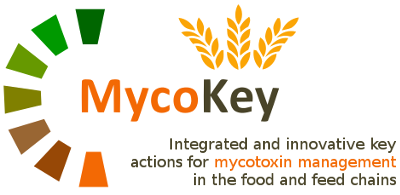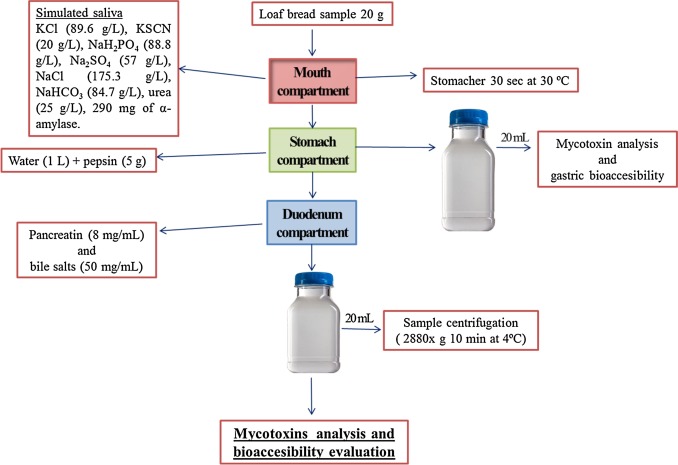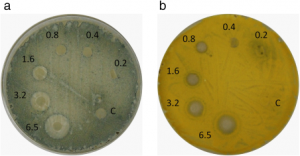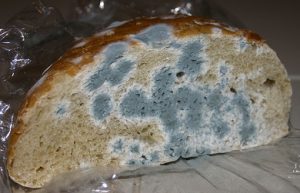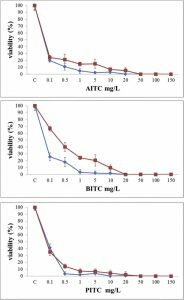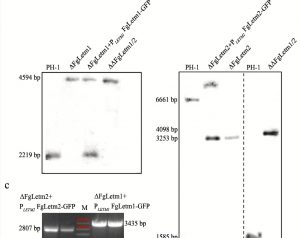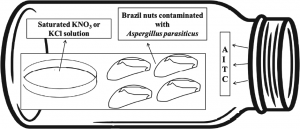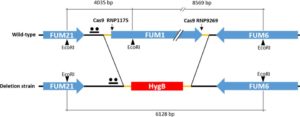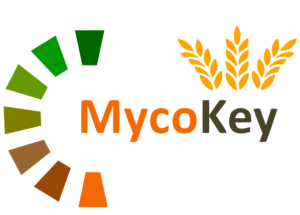Scientific Papers
MycoKey aims to unlock new knowledge and to valorize existing knowledge and data by rapid dissemination to research partners and stakeholders in the chain.
In the MycoKey programme all scientific peer reviewed publications are available through open access. Research data will be deposited in public data repositories for (re)-analysis exploitation and dissemination free of charge.
In this page you can find publications describing the scientific results arising from project’s activities.
Influence of probiotic microorganisms on aflatoxins B1 and B2 bioaccessibility evaluated with an simulated gastrointestinal digestion
- google+
| Aflatoxins (AFs) are produced mainly by the molds Aspergillus flavus and Aspergillus parasiticus. Aflatoxin B1 (AFB1) is classified as carcinogenic to humans. The aim of this study was to evaluate the capacity of different strains of Lactobacilli (Lb.) and Bifidobacteria (Bf.) to reduce the bioaccessibility of AFB1 and aflatoxin B2 (AFB2), spiked in loaf bread, using a dynamic in vitro simulated gastrointestinal digestion system. Aliquots of 20 mL of gastric and duodenal fluids were sampled for the determination of the mycotoxins gastric and duodenal bioaccessibility respectively, by liquid-chromatography coupled to the mass spectrometry in tandem (LC-MS/MS). A reduction of AFs bioaccessibility compared to the control (digestion without bacterial strains) was evidenced. The strains that evidenced the highest gastric and duodenal bioaccessibility reductions of AFB1 and AFB2 were Lb. johnsoni CECT 289, Lb. reuteri CECT 725, Lb. plantarum CECT 220 and Lb. casei CECT 4180, with values ranging from 76.38 to 98.34% for AFB1 and from 77.14 to 98.66% for AFB2. These results suggest that a food enriched with specific probiotic microorganisms and consumed at the same time as food contaminated with AFs, could reduce the risk associated to the intake of these toxic compounds contained in food. |
Authors: F. Saladino; E. Posarelli; C. Luz; F. B. Luciano; M. T. Rodriguez-Estrada; J. Mañes; G. Meca
Keywords: Aflatoxins; Bioaccessibility; Probiotic bacteria; Lactobacillus Bifidobacterium
Published: 22/01/2017
Repository: https://zenodo.org/record/3531534#.XcP7OjNKiM8
This work has received funding form the the EU’s H2020 research and innovation programme under GA No 678781- MycoKey.
CC-BY-NC-ND license http://creativecommons.org/



